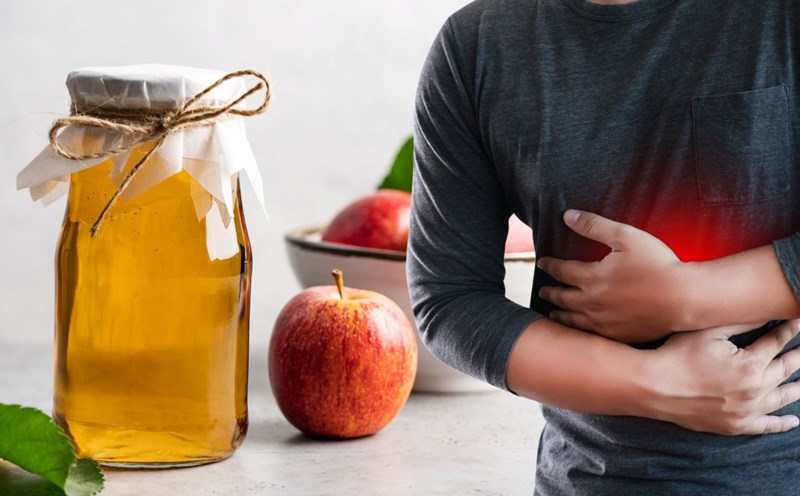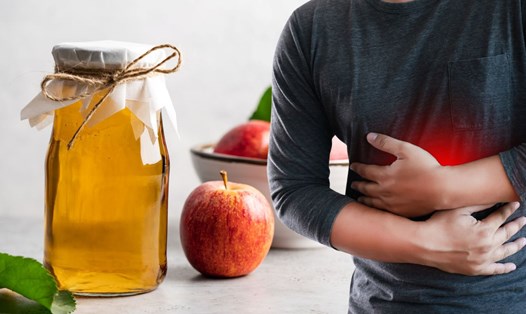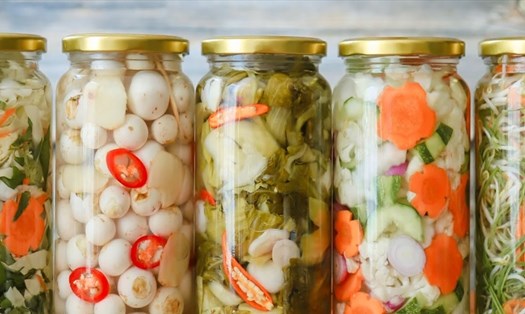Pickle juice is the liquid left behind in jars of pickles. It is made from vinegar, water, salt, and various spices, often with dill or garlic added for extra flavor.
The pickling process involves fermenting vegetables in an acidic solution, creating a sour-tasting liquid. In addition to flavor, the pickle juice contains electrolytes, which are beneficial for hydration, and the vinegar helps relieve acid reflux.
Additionally, pickle juice may help support the nervous system, which plays a role in smooth muscle movement in the digestive tract. According to a study in the Journal of Athletic Training, pickle juice may help replenish electrolytes, which is especially beneficial if acid reflux is accompanied by dehydration due to vomiting or excessive sweating.
What does pickle juice do for acid reflux?
Promotes Digestive Enzyme Production: The vinegar in pickle juice stimulates the stomach to produce digestive enzymes. These enzymes help break down food, making it easier for the stomach to digest, which can help reduce the likelihood of acid refluxing into the esophagus.
Increased stomach acidity: When stomach acid levels are low, the body may produce excess gas or leave food in the stomach longer, causing acid to reflux back into the esophagus. Drinking pickle juice can increase stomach acidity, which can improve digestion and reduce reflux.
Soothe the esophagus: Salty liquids contain electrolytes, such as sodium, potassium, and calcium, which help relax muscle spasms in the esophagus. This can help relieve heartburn and soothe the burning sensation associated with acid reflux.
Risks and Considerations
Pickle juice may not be suitable for everyone, especially those with high blood pressure or kidney problems due to its high sodium content.











